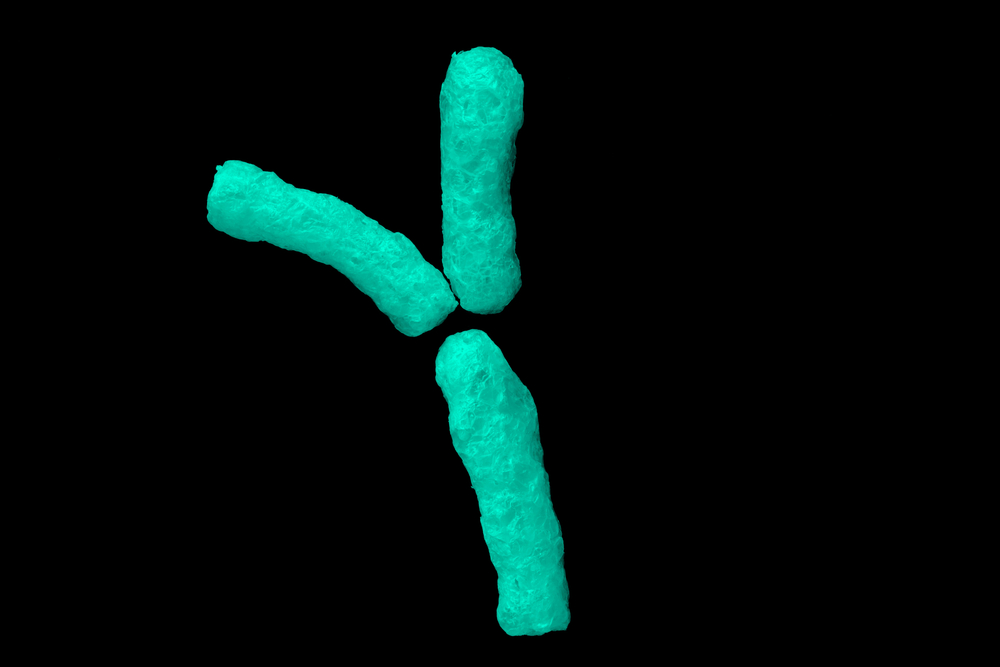 A new study from Uppsala University published in Science in December demonstrated that smoking and the loss of the Y chromosome in men’s blood cells are connected. Researchers in the past have demonstrated that the loss of the Y chromosome is indeed linked to the development of cancer, and these new, related conclusions might help explain why smoking is such a greater risk factor for developing lung cancer in men and, ultimately, why men have shorter lifespans.
A new study from Uppsala University published in Science in December demonstrated that smoking and the loss of the Y chromosome in men’s blood cells are connected. Researchers in the past have demonstrated that the loss of the Y chromosome is indeed linked to the development of cancer, and these new, related conclusions might help explain why smoking is such a greater risk factor for developing lung cancer in men and, ultimately, why men have shorter lifespans.
Smoking is a risk factor for many diseases besides lung cancer. Research shows that male smokers have higher risks of developing cancer outside the respiratory tract than women who smoke. This study is the outcome of an international collaboration that enabled researchers to understand the connection between smoking and genetic damage in men that may explain this difference regarding gender.
Study author Lars Forsberg, Department of Immunology, Genetics and Pathology, Uppsala University said in a press release: “We have previously in 2014 demonstrated an association between loss of the Y chromosome in blood and greater risk for cancer. We now tested if there were any lifestyle- or clinical factors that could be linked to loss of the Y chromosome. Out of a large number of factors that were studied, such as age, blood pressure, diabetes, alcohol intake and smoking, we found that loss of the Y chromosome in a fraction of the blood cells was more common in smokers than in non-smokers.”
The researchers found that this association was dose dependent (more frequent in heavy smokers) and it was only valid for men that were still smoking, since men who smoked but quit had the same frequency of Y chromosome lost as those who had never smoked before.
[adrotate group=”3″]
“These results indicate that smoking can cause loss of the Y chromosome and that this process might be reversible. We found that the frequency of cells with loss of the Y chromosome was not different among ex-smokers compared to men who had never smoked. This discovery could be very persuasive for motivating smokers to quit,” Forsberg added.
Researchers can’t explain how the loss of the chromosome caused by smoking is related to the development of cancer in the body. However, one theory may be that the cells that lose the Y chromosome may have a decreased capacity to fight cancer cells.
“In summary, we have shown that there is a correlation between a common and avoidable risk factor, that is smoking, and the most common human mutation, loss of the Y chromosome. This finding may in part explain why men in general have a shorter life span than women, and why smoking is more dangerous for men,” said Jan Dumanski from Uppsala University, who was also involved in the study.

